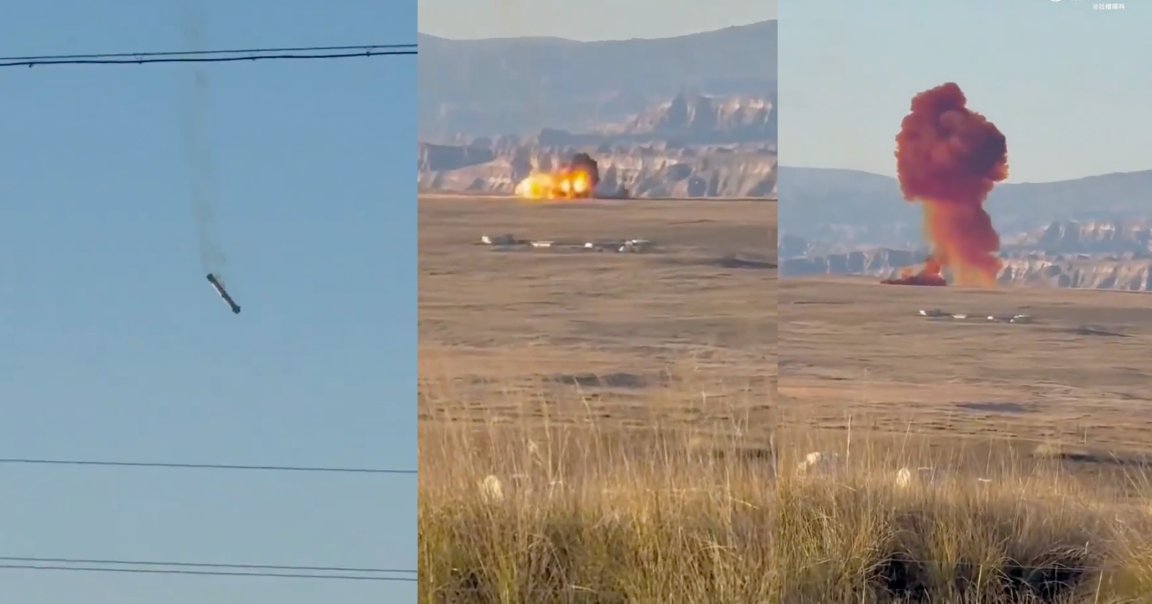
There’s an intense space race back to the Moon underway — between the People’s Republic of China and the United States.
Undergirding the PRC’s ambitions is a rocket known as the Long March 2, a workhorse of the Chinese National Space Administration (CNSA). Recently surfaced videos circulating on social media show the aftermath of a Long March 2 launch, where a rocket booster propelling experimental satellites tumbled back down to Earth and exploded in a massive orange fireball as it impacted the ground.
Though the fireball was visible from miles away, an English-language Chinese government statement declared the launch a success, planting the test satellite firmly in low earth orbit.
Western social media users were broadly incensed, arguing that the uncontrolled booster posed a risk to nearby residents.
“Technically not a failure, the sick bastards in the Chinese government just don’t care where these land,” one poster wrote. “Damn that’s in the middle of nowhere. Gonna be a long march to recover that,” another joked. The Chinese netizen who posted the original clip on Weibo, meanwhile, claimed that government officials “had already made emergency response preparations before the debris fell, and the area had been evacuated.”
In the hours before lift-off, ArsTechnica reports that Chinese authorities made an unusual move in deciding not to alert international authorities about the launch, leading some western commentators to speculate that the Long March 2D’s payload was really a spy satellite.
The PRC has set a clear plan to put an astronaut on the Moon before 2030. It would be an astonishing feat, given the country was one of the poorest nations on the planet as recently as just a few decades ago and only launched its first human astronaut to space in 2003.
The ambitions clearly galvanized the US, which jumped into the mix back in 2017, establishing plans to return to the Moon as part of a long-term goal to get to Mars. Yet according to western analysts, the Chinese space program is set to match most of the capabilities of the US by 2030; by 2045, China will likely be the dominant force in space.
As this latest video shows, that immense push hasn’t come without controversy. In a series of similar incidents, debris some the country’s spacecraft have reportedly fallen uncontrollably down to Earth, and sometimes over populated areas.
Still, there haven’t been any known fatalities in the Chinese space program since the 1990s — which is more than NASA can say, after the Space Shuttle Columbia disaster in 2003.
More on rockets: NASA May Ditch SpaceX for Moon Landing Because It’s So Behind